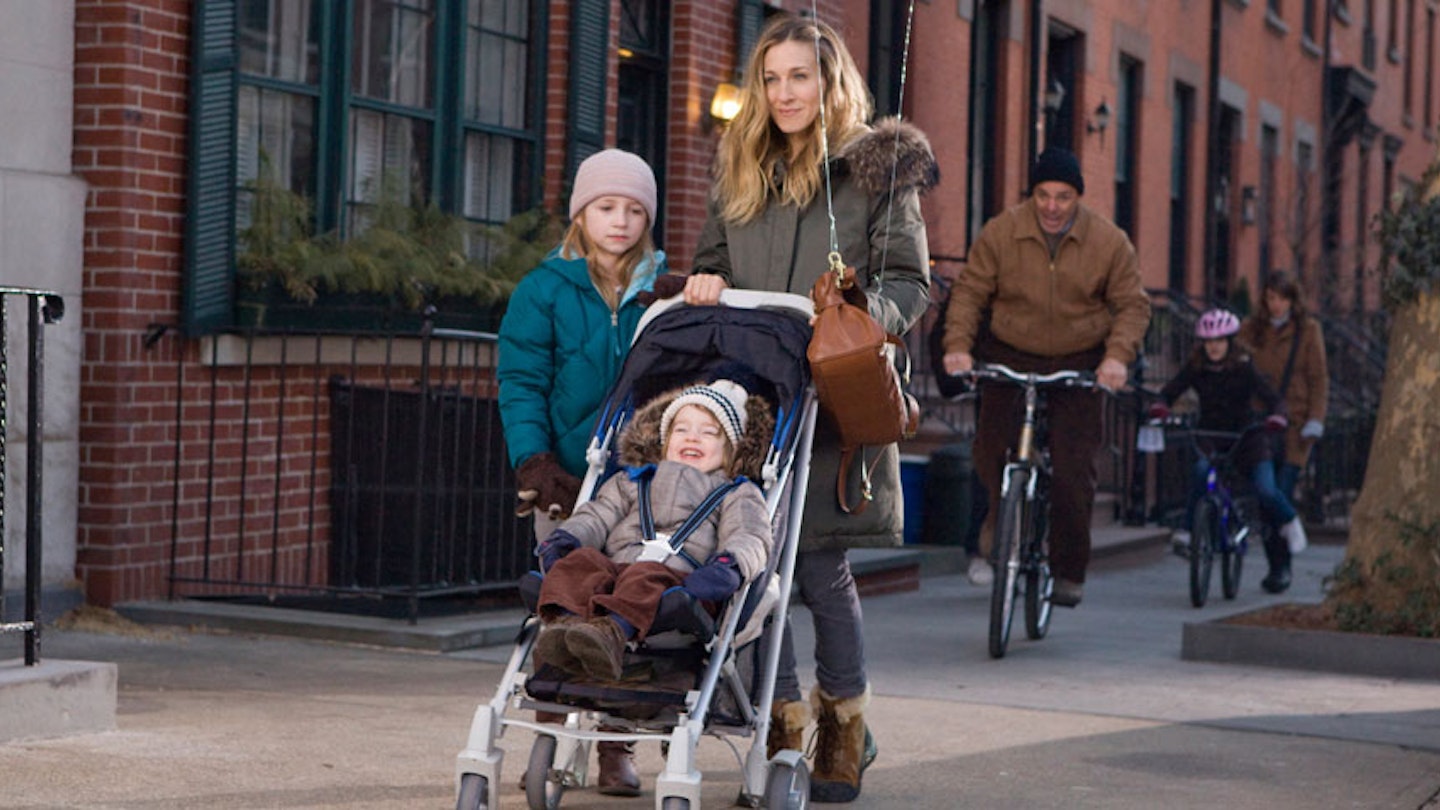Another day, another headline about the ways in which women can ‘have it all’. This time through Samantha Ettus, the ‘work/life balance expert’, whose new book The Pie Life reveals the secret to managing life as a working mother: getting up an hour earlier than everyone else. This way, she advises, you will be able to do all the tasks you normally don’t have time for: household chores, exercise and answering emails.
She advocates using the school run more effectively – fitting in, for example, shopping or hair appointments on your way home. She controversially says mothers who don’t work will be ‘bored and unfulfilled’, hence, they should get a job. ‘If you told me you were spending all your time at work I would say to you, your life is woefully unbalanced,’ she told The Times. ‘It’s the same thing if you’re spending all your time parenting – your life is woefully imbalanced. You will be bored and unfulfilled.’
She also says mothers should make time for hobbies and socialising; in short there are seven slices to the pie of life for Samantha – career, health, community, children, friends, hobbies, relationships – and if you dedicate the same amount of time and attention to each, you – working mum – will effectively have it all…
Naturally, the book has attracted criticism. Telling stay-at-home mothers (an expression I don’t like but there doesn’t seem to be a suitable alternative) that they should get back to work was always going to be contentious. Similarly, The Times’ leading article earlier this week made a good case for questioning the role of the man in such a scenario. Should ‘a relationship’ be only as important in a woman’s life as socialising…?
You can debate the issues raised for hours; but what I’d like to highlight is the concept of ‘having it all’. Specifically, to highlight that it is absurd, unachievable crap. All that.
Having it all. What does that even mean? I take it to mean this: you have a successful relationship, a couple of children, a supportive family, a fulfilling career, great friends, excellent health, comfortable finances, nice house (with garden), time for reading or running or craftwork, and for that cherry on top of all the other perfection, the knowledge you’re doing good for the world – so involvement in charity work.
I’ve tried hard to think of someone I know, or have heard of, who has all these things at once. But I can’t. And that’s because life isn’t perfect, for anyone. Trying to claim it is, or can be, is willfully misleading. ‘Having it all’ is unachievable.
Next bone of contention with this myth: it makes people feel inadequate, especially when it’s perpetuated by people who claim to have it. I don’t doubt there are moments in many people’s lives when they can step back and think, ‘yes, I have everything I’ve ever wanted’… but ‘having everything you’ve ever wanted’ is very different from ‘having everything – period’. Furthermore, ‘everything we’ve ever wanted’ moments are just that – moments. We know they won’t last forever because life doesn’t run smoothly all of the time. That’s why we celebrate, appreciate and revel in them when we can. We understand that peaks and troughs are part of the circle of life: we celebrate the highs, to get us through the lows. But we don’t usually go around boasting about them because a) it makes others feel bad/resentful/jealous, and b) we know it’s a time that won’t last. Why it’s any different for people claiming to ‘have it all’, is anyone’s guess.
Another stupid insinuation attached to the stupid concept is that it’s a state of being we are responsible for. That if we try hard enough, we’ll get there… But it doesn’t account for the fact that there are many things beyond our control. We can’t predict, for instance, when we’ll meet the man/woman of our dreams, how our health will pan out over the years, whether the company we work for will ever have to make us redundant. ‘Having it all’ relies on there being a large portion of luck involved. And whilst it would be great if everyone were perpetually lucky, none of us are.
Let’s say though, for argument’s sake, that we are the lucky ones. We have everything – all the time. Our lives are perfect – 24 hours a day, 365 days a year.
How indescribably dull.
Never meeting challenges, never experiencing failure… how could we possibly enjoy having ‘won’? Surely knowing we are experiencing the state of ‘having it all’ relies heavily on us knowing what it’s like not to have all of it. And if we are to continue appreciating it, we must surely be repeatedly exposed to life without it. Which only reinforces my first point: that having it all, all the time, is totally and utterly unachievable.
If I could banish the wretched concept, I would. There’s no such thing as ‘having it all’. And even if there was, who’d want it anyway?
